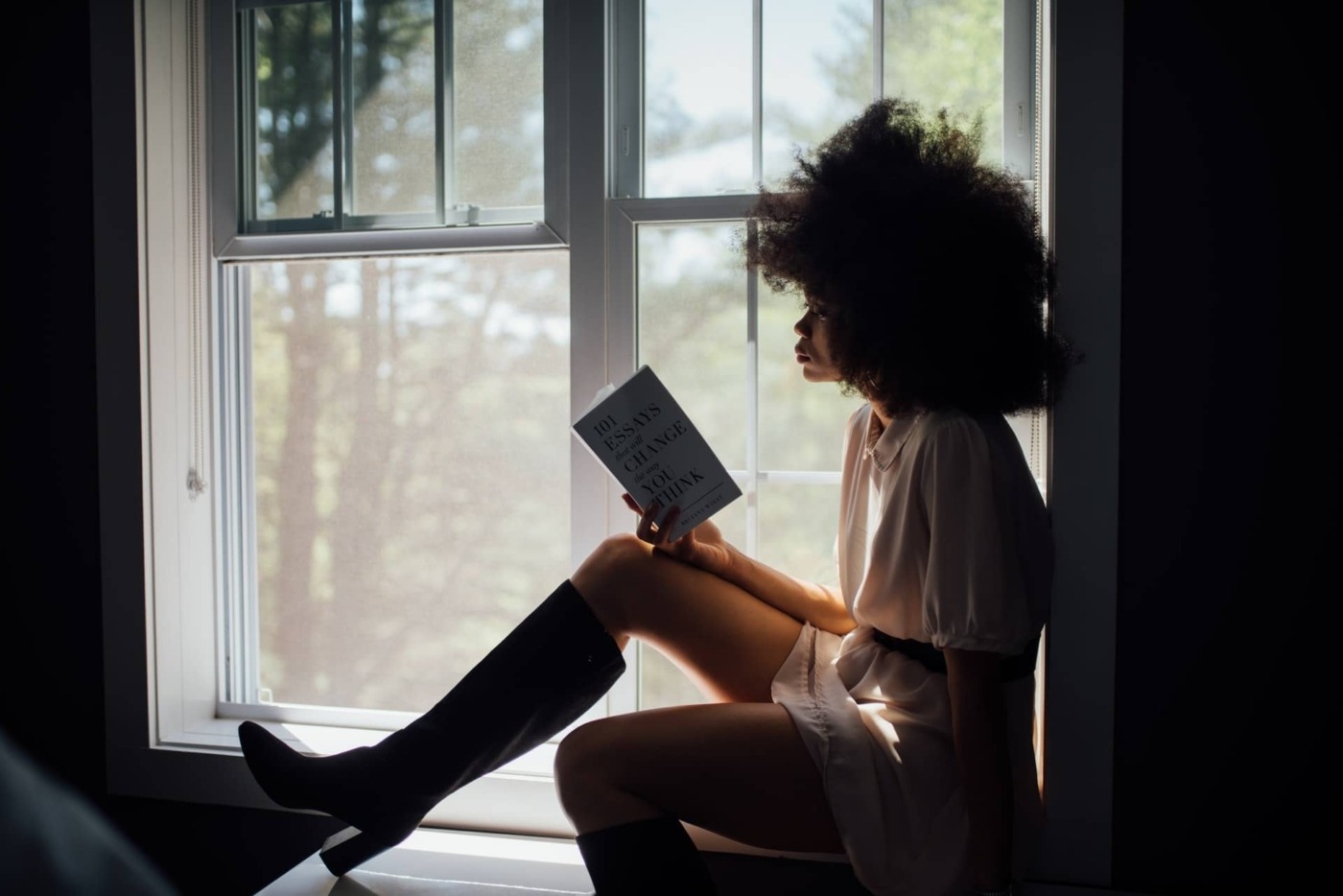BAME authors need more representation in schools
Currently, most GCSE students will never study books written by authors of colour, and quite frankly this is a massive shame. However, this highlights some of the improvements that need to be made to the education system. This education system shapes our initial perception of the world and our ideas of it, so it only seems logical that the curriculum accurately reflects society. There has been increasing discussion regarding the Eurocentric curriculum which often leaves out the voices of people of colour. The harm of this is that it creates the illusion that people of colour are invaluable, or that they have not contributed anything to society – but this is far from the truth.
Looking back at my own experience of studying English at GCSE and AS level, an author of colour was only presented in the verse anthology, in which out of 14 poems, only one of them was written by someone non-white. This is surprising, especially because there is more than enough room for black and brown voices to be told and heard. It’s important for BAME stories to be heard and there is a lot of great work out there that is just as worthy of being studied. The erasure of these voices sends the implicit message that non-white literature isn’t important enough to require students to learn it. I recall studying Charles Dickens’ A Christmas Carol three times between years 7 to 11, which is a little bit excessive if you ask me. Imagine if that much energy was put into studying the works of BAME authors.
The Department of Education has clearly set the standard of what they feel it’s important for students to study, and this doesn’t include non-white authors
I attended a very ethnically diverse secondary school in East London, yet my curriculum didn’t mirror my surroundings. The issue of representation is one that needs to be amplified more – not seeing myself or any of my friends in the syllabus has more effects than one may know. Even for white students, not studying diverse stories can, and often does, lead to a false idea of the world. Imagine you spend seven years in an institution that’s taught you next to nothing about black and brown people – what effects do you think that will have?
Arguably, the biggest thing holding the curriculum back is the categories that students are required to study; this includes a Shakespeare play and a 19th-century novel. I can’t help but feel like this implicitly erases the works of BAME authors. The Department for Education has clearly set the standard of what they feel it’s important for students to study, and this doesn’t include non-white authors. This just ensures that year after year students learn the exact same thing, but what are they actually learning?
Now, I’m not just going to leave you without any wonderful book recommendations written by phenomenal black and brown authors. I’ve compiled some of my personal favourites that I believe to be more than suitable for GCSE and A-level students.
Britain is a very diverse country and non-white students should have ample opportunites for representation
Firstly, I recommend Noughts and Crosses by Malorie Blackman. My friends and I have read this and, honestly, I think it’s accessible for GCSE students. I recall being in secondary school and seeing students check out this book from the library. There was genuine interest in it, which is also important when studying a book.
If there’s one thing students love, it’s studying books that have also been made into a movie/TV series they can watch, and my next two recommendations have been excellently adapted. The Hate U Give by Angie Thomas, whilst fictional, becomes so real and immersive to the reader. Little Fires Everywhere by Celeste Ng is a compelling novel that tackles the overarching issues of race and class privilege. You may also recall the TV series starring Reese Witherspoon and Kerry Washington which was nominated for multiple Emmys this year.
The last recommendation from my recent purchases is Natives by Akala. Akala examines society and the intersections of race and class brilliantly; the language used in the book is accessible, which is great for students to engage with. It also focuses on Britain which grounds it in a national reality for home students.
Overall, BAME authors deserve more representation in the GCSE and A-Level curriculum because they are just as valuable as their white counterparts and it’s time they were recognised as such. Britain is a very diverse country and non-white students should have ample opportunites for representation. Very little harm can come from diversifying the material we read, so why don’t we do it more often?

Comments